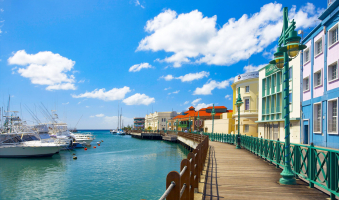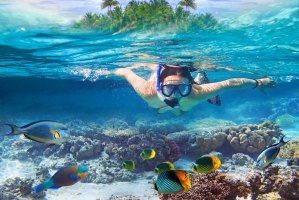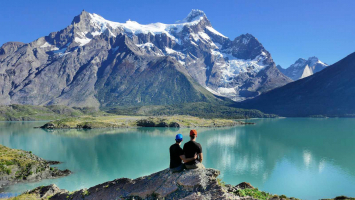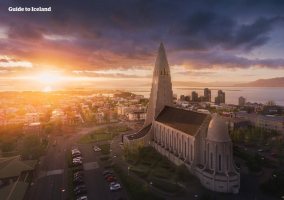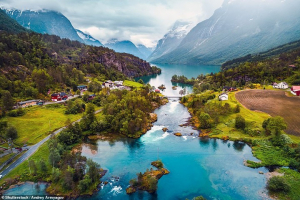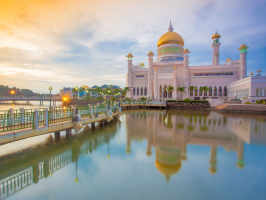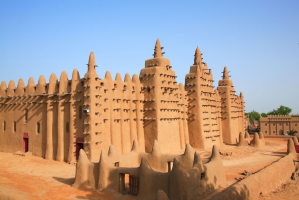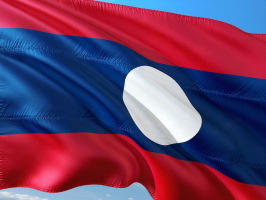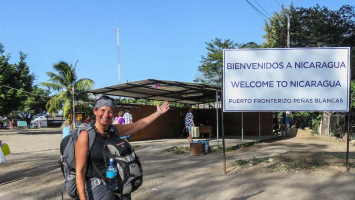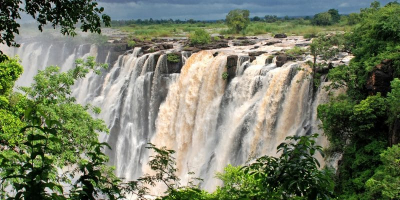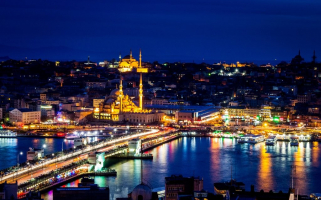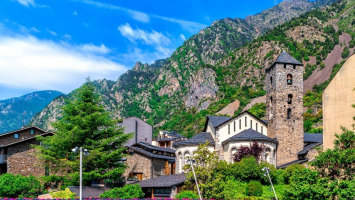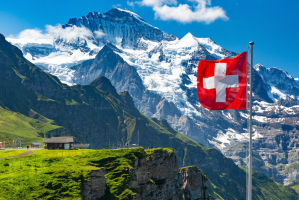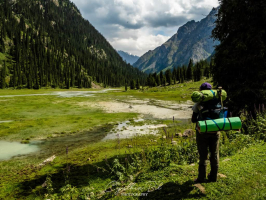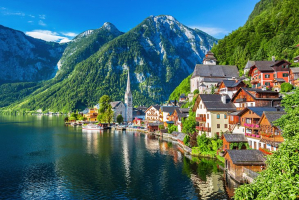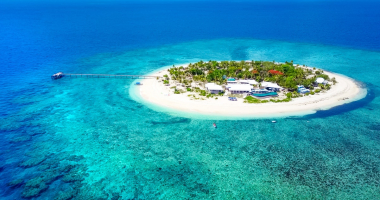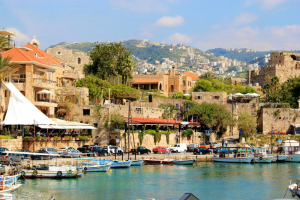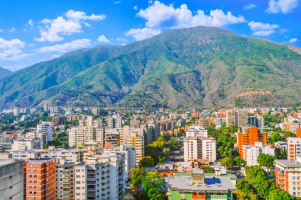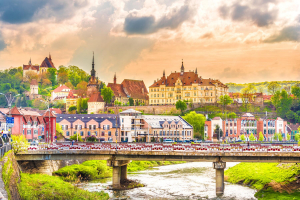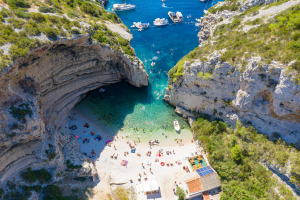Top 10 Things About Tuvalu You Should Know
Because Tuvalu is one of the least visited countries on earth (most people won’t have even heard of it) there’s fairly scant information online about visiting ... read more...Tuvalu. Yet, like anywhere it’s always useful to have a bit of pre-tour information! Here are the top things about Tuvalu you should know before traveling.
-
The first thing about Tuvalu you should know is the Tuvaluans. Widely it is accepted by many people that the first inhabitants of Tuvalu were Polynesians. Today, the Tuvalu population is 11,818, and the populace of the country is relatively homogenous. 96% of the people identified as ethnically Tuvaluan. The state has two official languages, the Tuvalu language, and English. English is the second most spoken language because it was a former colony of the Great Britain Empire. In daily use, people prefer the Tuvalu language, and all government documents are in Tuvaluan. There are more than 13,000 speakers of this language worldwide. There is another dialect that is used mostly by the Nui people. This is Gilbertese, which is very similar to the Tuvalu language.
Although most people live on the outer islands in extended family households clustered into villages, about one-third of the population lives in Funafuti, the center of government and commerce. Population growth has been slowed by family planning; life expectancy at birth is about 60 years. About 10 percent of the population lives overseas, either pursuing education, working in the Nauru phosphate industry, or working on merchant ships.
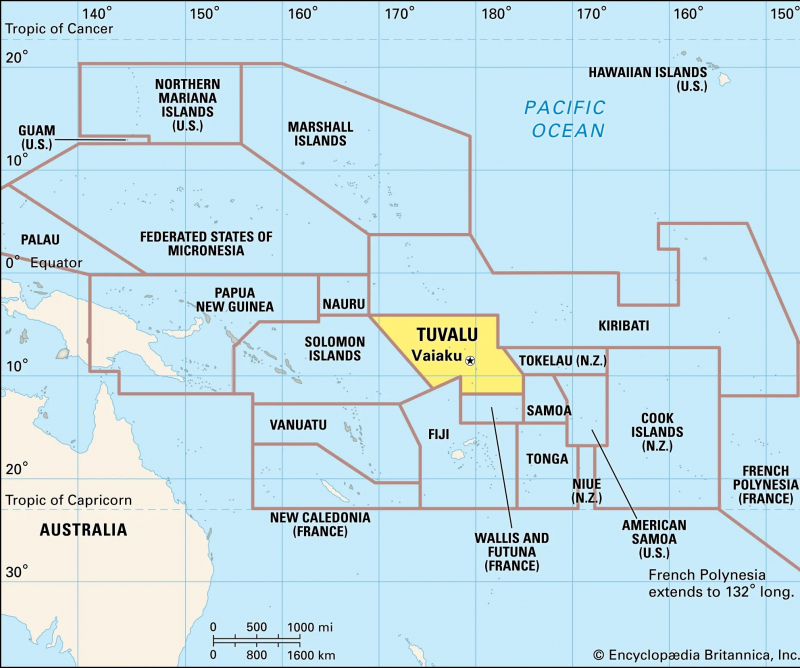
britannica.com 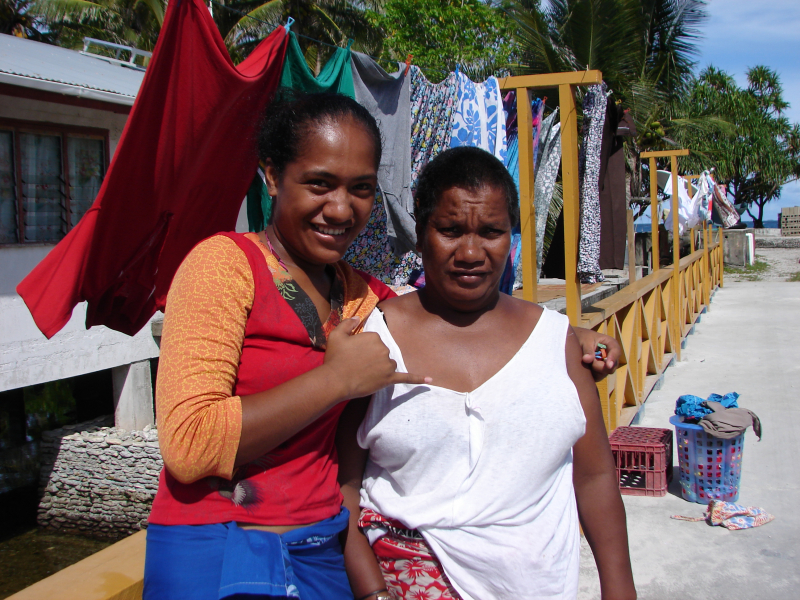
pacific.undp.org -
With more than 100 small islands dotting the South Pacific Ocean, Tuvalu is one of the world's smallest and most isolated countries. With a total land area of 26 square kilometers, the island nation's population is only about 11,000 people, most of them living on the main island or the capital, Funafuti. There is only one airport on the island with 2 flights per week, from here visitors will visit other islands by ferry. Each year Tuvalu welcomes about 2,000 visitors.
News and travel sites like CNN, and Culture Trip call Tuvalu a paradise island. The country possesses islands surrounded by a turquoise sea, sunny beaches, and a low crime rate. In particular, this place is also empty of tourists, not commercialized, and is an ideal place to rest and relax. Most of the islands in Tuvalu are located just over 3 meters above sea level. Scientists predict that this country will soon disappear in about 50-100 years due to coastal erosion and sea-level rise.
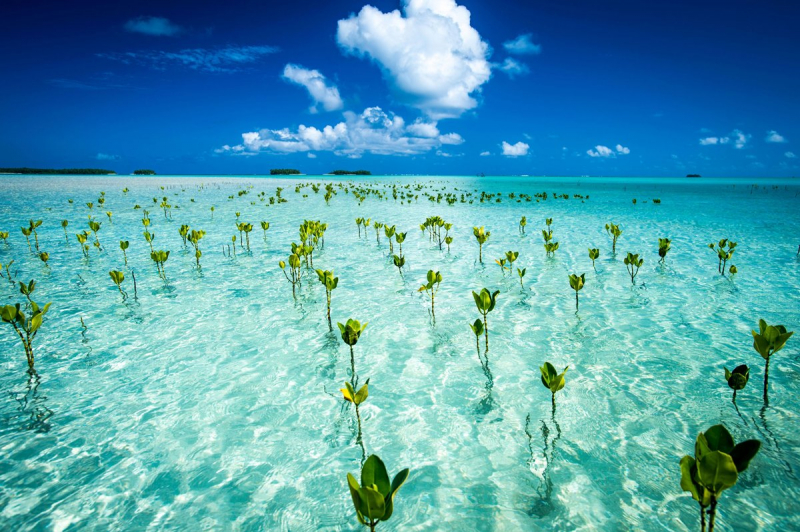
timelesstuvalu.com 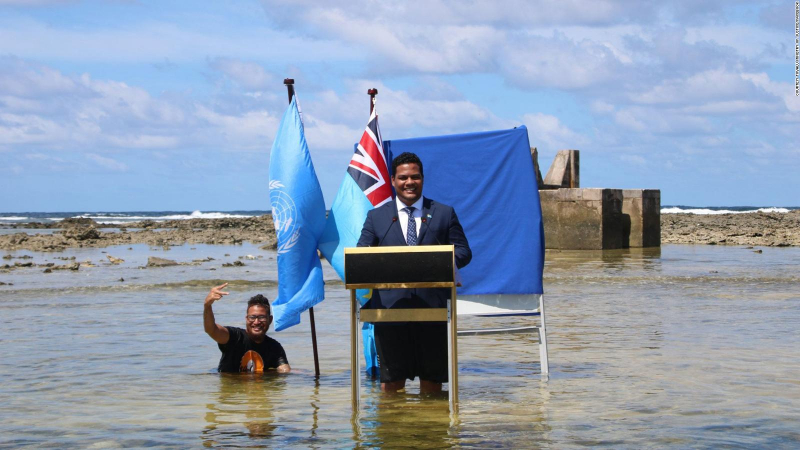
cnn.com -
The thing about Tuvalu you should know is this country does not take credit cards. The entire country operates on a cash basis. Not that there are many places you can spend your money in Tuvalu. The country only has one hotel and one real guest house. Those are also the only restaurants in the country.
There’s also no ATM machine anywhere in Tuvalu. And to top it off, the country uses the Australian Dollar, which is difficult to obtain in Fiji—which is the only place offering flights to Tuvalu! The country is small, which is the primary reason you can’t use credit cards, and its remote location in the middle of the ocean is the second key factor. There isn’t a whole lot of demand for credit cards, and putting the infrastructure in place to process them would take a lot of money. So when traveling in Tuvalu prepare yourself a little cash to be able to shop or exchange here.
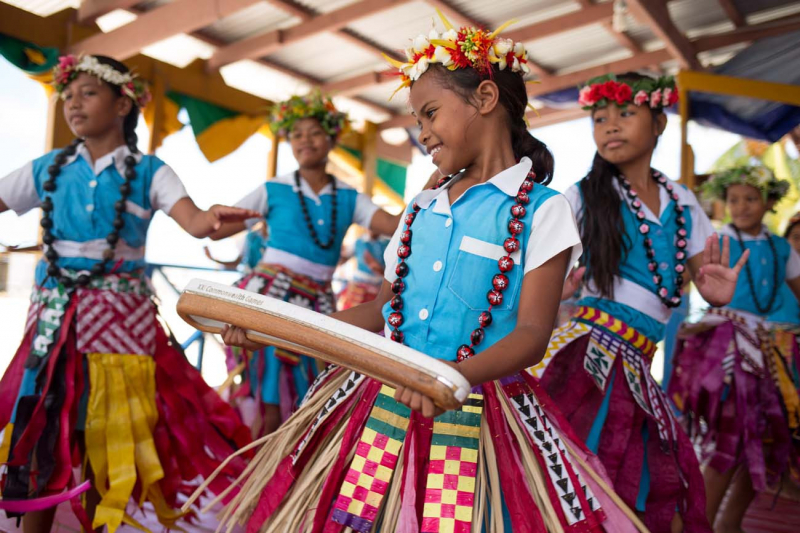
timelesstuvalu.com 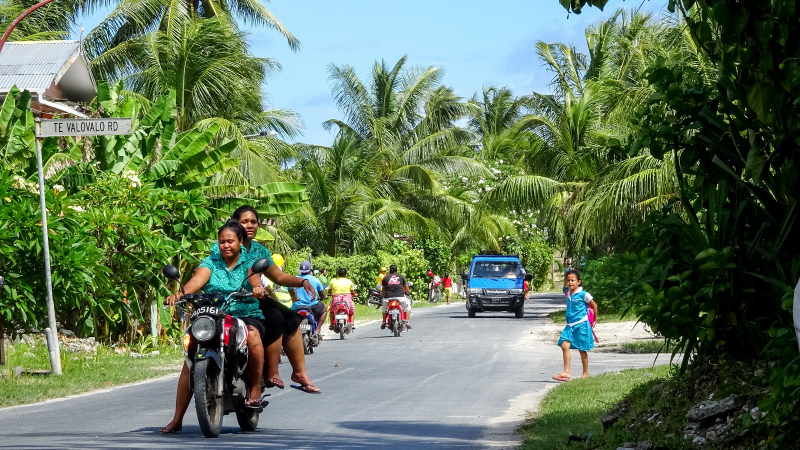
travelsvenue.com -
Religion is the thing about Tuvalu you should know because it is significant, with almost every Christian denomination represented. You should be prepared to be invited to a church service if you’re there on a Sunday, followed by a traditional family lunch at someone’s house. if you eat with Tuvaluans don’t be surprised if they say grace first. Shops are generally closed on Sundays, and there’ll be a bible at your bedside wherever you stay. It’s also a good idea to dress modestly, like the Tuvaluans.
Adherents of the Church of Tuvalu comprise about 97% of the inhabitants of Tuvalu: Fetu Ao Lima (Morning Star Church), Congregational Christian Church of Tuvalu. All nine islands of Tuvalu, encompassing a combined land area of 26 square kilometers, have traditional chiefs who are members of the Church of Tuvalu. The most prominent building on Funafuti is the Fētu'ao Lima (Morning Star Church) of the Church of Tuvalu. Most followers of other religions or denominations, making up small populations of members of the Seventh-day Adventist Church, the Tuvalu Brethren Church (a charismatic Protestant denomination), the Jehovah's Witnesses, and Catholics, are found in the capital city, Funafuti. The small following of the Baháʼí Faith is found on Nanumea Island.
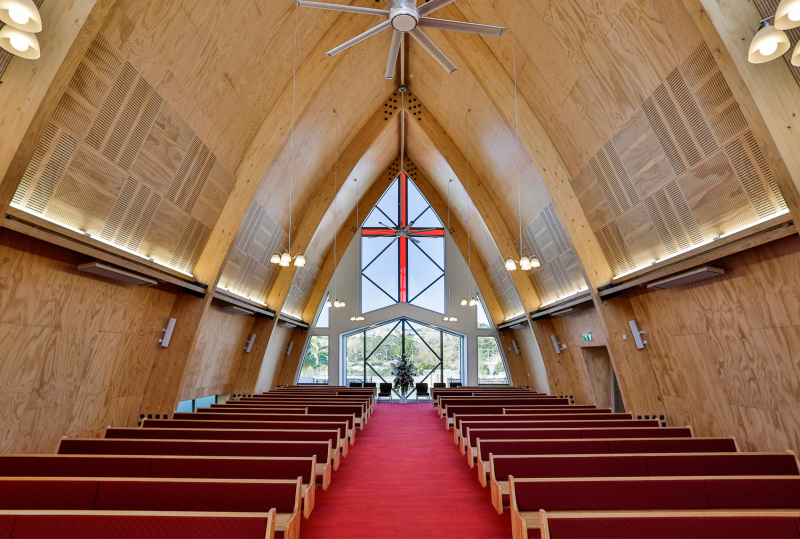
christiansavings.co.nz 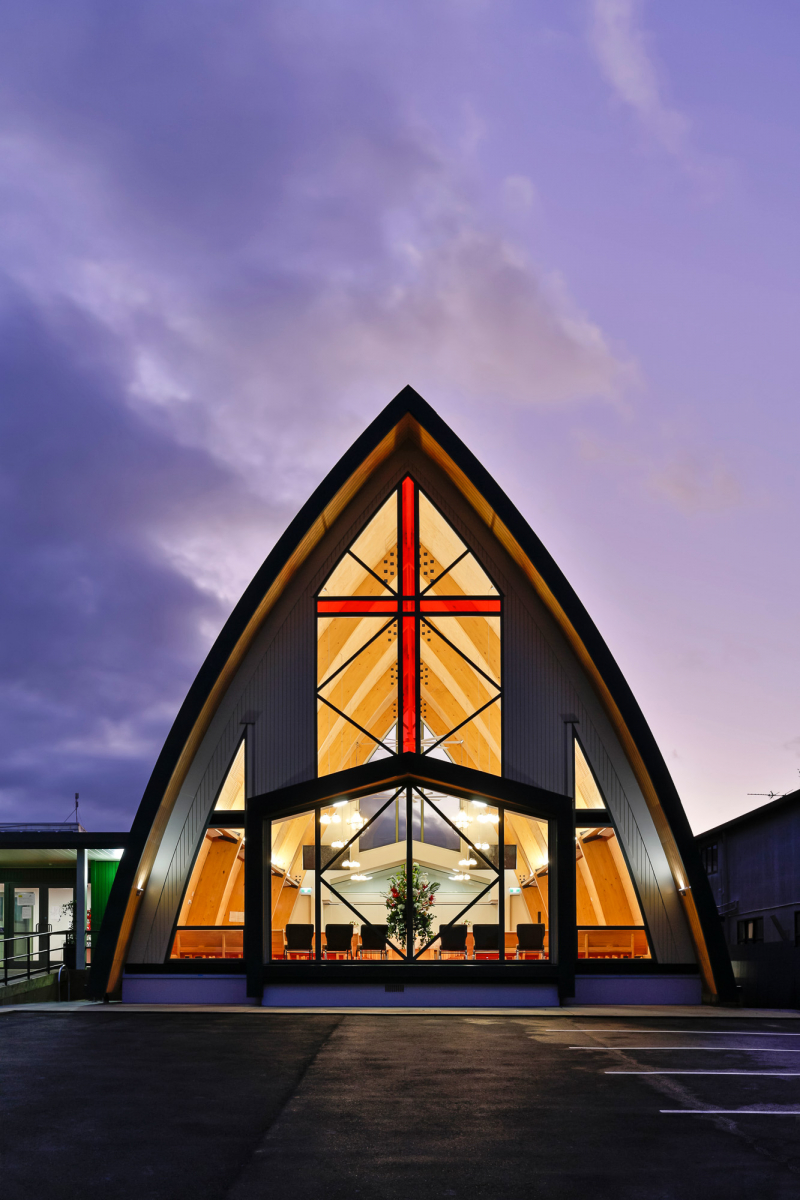
christiansavings.co.nz -
The special thing about Tuvalu you should know is that Tuvalu is made up entirely of atolls. While many island countries often have some islands that are coral atolls, there are only four countries in the world made up entirely of coral atolls: Tuvalu, Marshall Islands, Kiribati, and the Maldives. Atolls are the remains of a volcano that has sunk below the surface of the water. The surrounding coral reef is all that remains of the former island. Atolls are long, narrow islands and are very close to sea level.
Most of the islands of Funafuti have a single road that just goes from one end of the narrow island to the other. On one side of the road is the ocean and on the other side is the lagoon. The theory of coral atoll formation was developed by Charles Darwin and a team came to Tuvalu in the late 19th century to drill on the island to verify the theory.
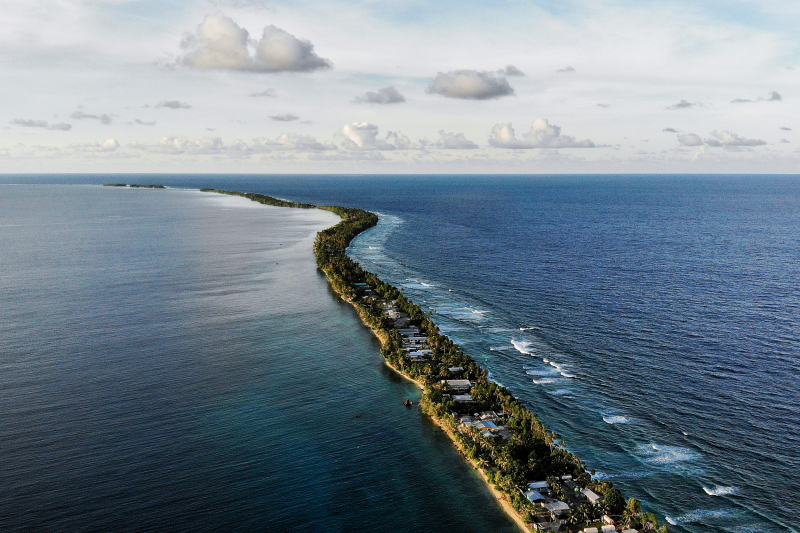
nbcnews.com 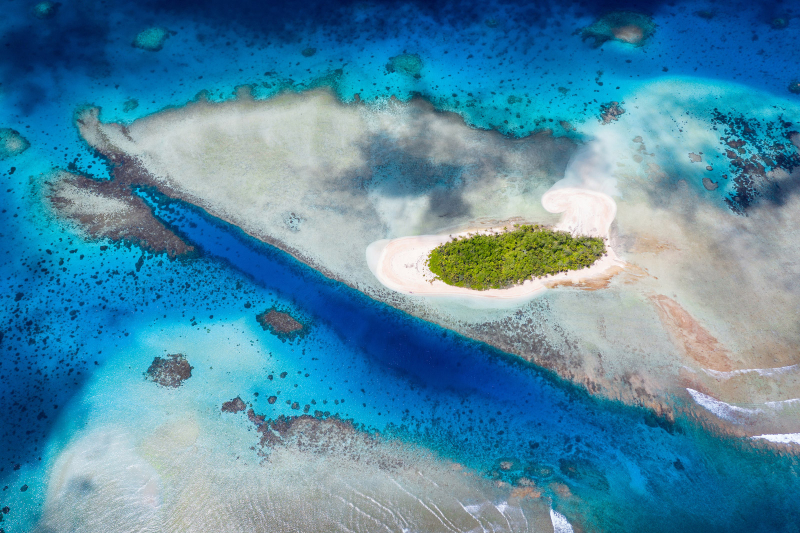
cnn.com -
Biodiversity is the thing about Tuvalu you should know. From a geological perspective, the islands of Tuvalu are very young, with poorly developed, infertile, sandy, or gravel coralline soils. Indigenous plants are rare, partly because of habitat modifications, such as the extensive planting of coconuts and other food plants by early settlers. Just over 300 species have been recorded, of which about 65 are native species; the rest are introduced. Twenty-eight species of indigenous birds are known, approximately 20 species being sea birds, a few of which are migratory.
There are also insects, land crabs, and a few species of lizards of which only one has been confirmed to be endemic. The marine environment is comprised of 6 major ecosystem types (oceanic, outer reef, lagoonal, back reef, lagoon floor, patch reefs, and natural channels between the ocean and lagoon). These ecosystems produce the sediment required for island-building and maintenance and support communities of corals, other invertebrates, algae, plankton, fish and marine mammals, and reptiles. Approximately 350 species of fish have been recorded.
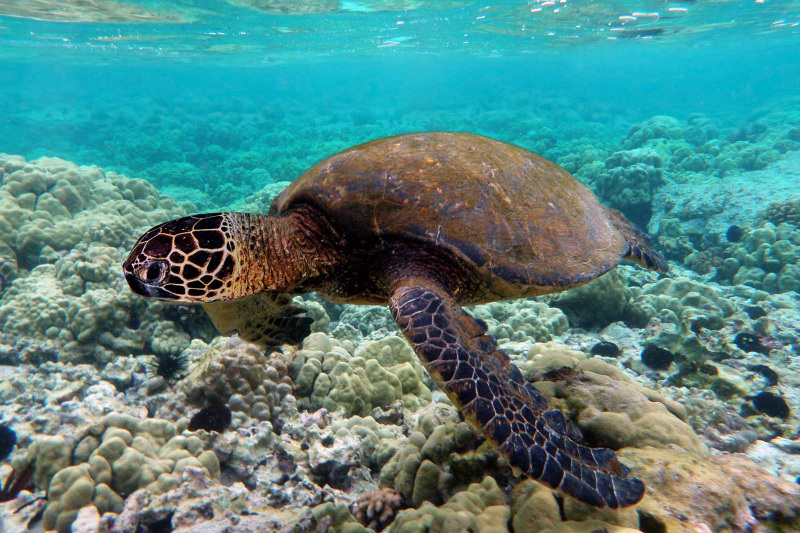
thecommonwealth.io 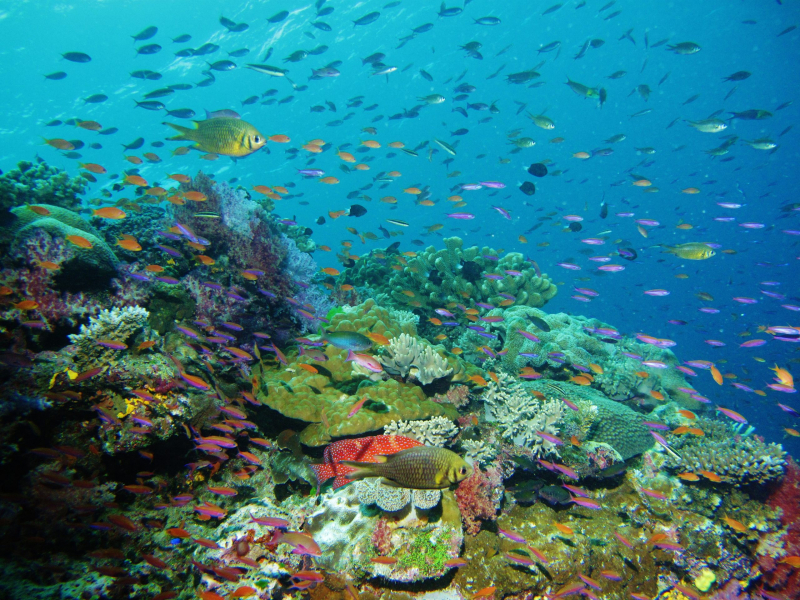
coral.org -
The thing about Tuvalu you should know is the cuisine. Food is one of the major priorities of many tourists. It can be said that this country has a unique cuisine. It is mostly affected by other countries, especially by Britians. But of course, there are some foods which you can try during your travel to Tuvalu.
The most popular meal is Pulaka. This food is a rich source of carbohydrates. It is crucial to cook the roots of Pulaka for hours to get rid of toxic ingredients in corms. Pulaka has a special place in the country's cultural and culinary traditions, but now it is under threat because of rising sea levels. As it is an island country, seafood plays a crucial role in its cuisine. They eat various types of fishes, crabs, and more in their daily diet. Furthermore, on the islands, you can find many exotic fruits here, such as bananas, coconuts, and breadfruit.
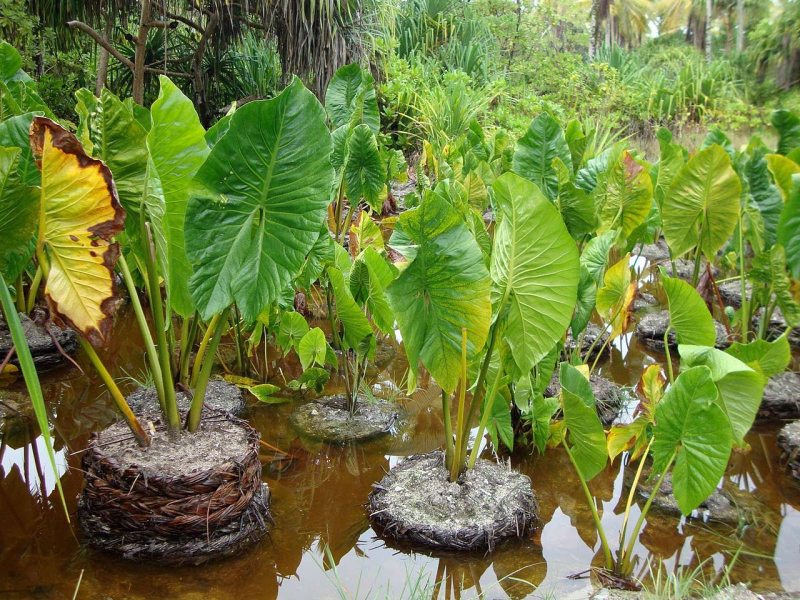
Rasara Dream 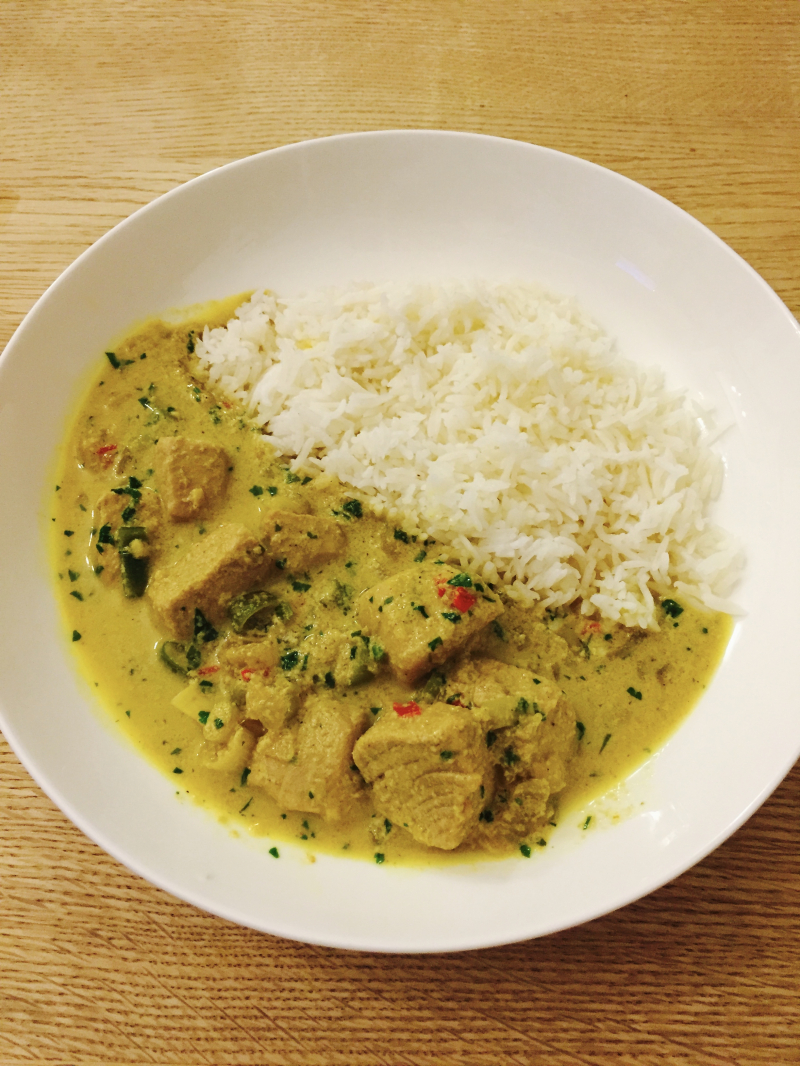
ayearcookingtheworld.com -
The thing about Tuvalu you should know is Special Days. Tuvalu has a very small population. This means there is not much opportunity for grand festivals, although when the Tuvaluans do come together, they put on a wonderful display of happiness. Most of the festivals are centered on traditional public holidays, such as New Year’s Day and Independence Day; although particularly unique Tuvalu holidays include Bomb Day and Hurricane Day.
Bomb Day is celebrated in Funafuti only and commemorates when a Japanese bomb fell through the city’s church roof on April 23, 1943. An American soldier had pre-estimated the danger, and 10 minutes prior to this had evacuated 680 villagers out of the building, for which inhabitants of Funafuti remain thankful.
Besides, Tuvalu also has a special day is Hurricane Day. On October 21 Tuvaluans commemorate Hurricane Bebe, which hit the islands in 1972. Tragically, 18 people died during this severe storm and hundreds were injured. Every island and atoll in Tuvalu has its own activities to commemorate this important day in the country’s short history.
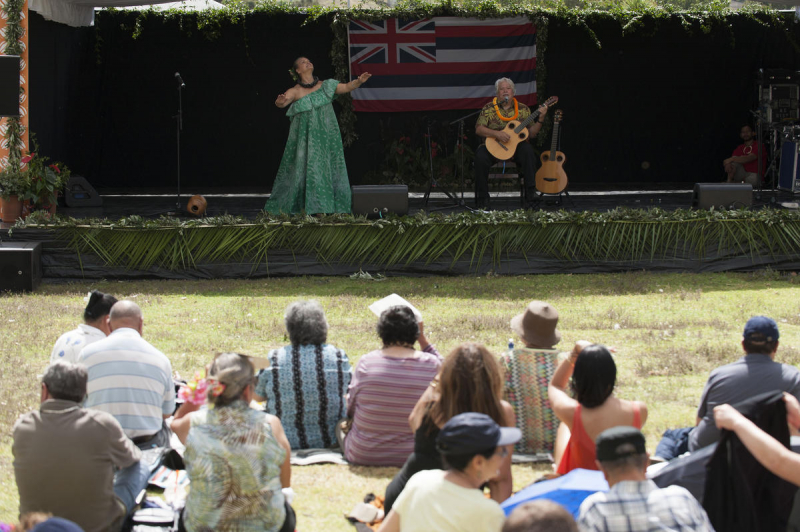
iexplore.com 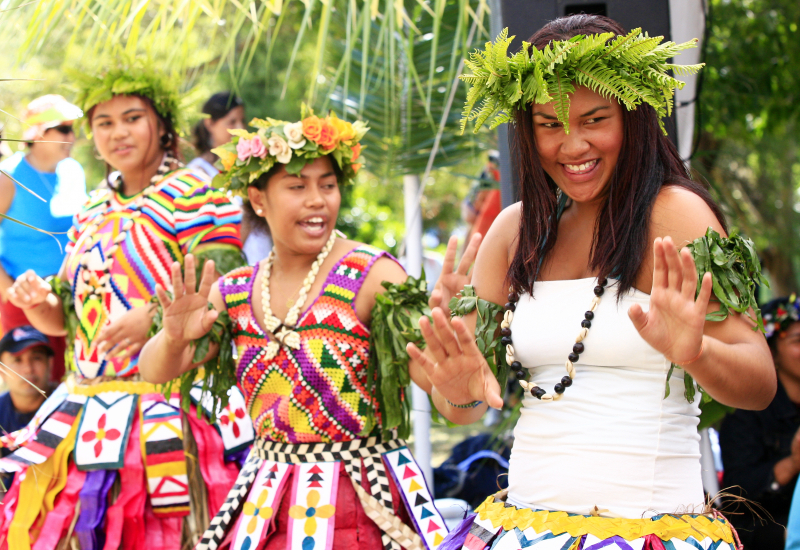
nzherald.co.nz -
Start your vacation in Funafuti. This is the capital of the island country, and the national airport is located here. Also, as we mentioned finding hotels in Funafuti is much easier than in other parts of the state. One of the great attractions of Tuvalu is here, which is the lagoon. The lagoon is 18 km in length and 14 km in width. You can have a trip on a boat, or you can dive here. You should book a boat to travel here, which is 70 AUD (an additional 150 AUD conservation fee), and a maximum of 7 people can get to the ship at once.
Another part of the city which you will enjoy visiting is Funafuti Conservation Area. This is an excellent place where you will find plenty of various sea creatures. You can also get inside the caves, which were found by a group of people in 1986. These caves (Fire Caves) are located in Nanumanga, and tourists love to visit these caves and do scuba diving. Other best sightseeings to visit are Fongafale, Vaitupu, Niutao, Tepuka, etc.
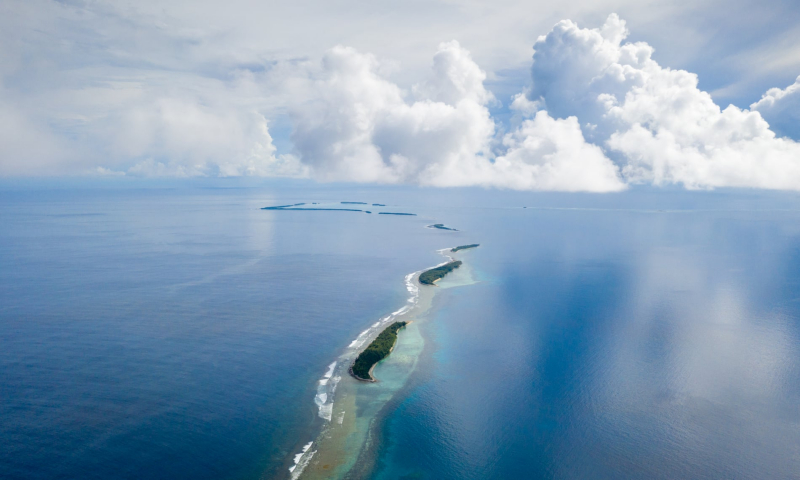
mywaste.ie 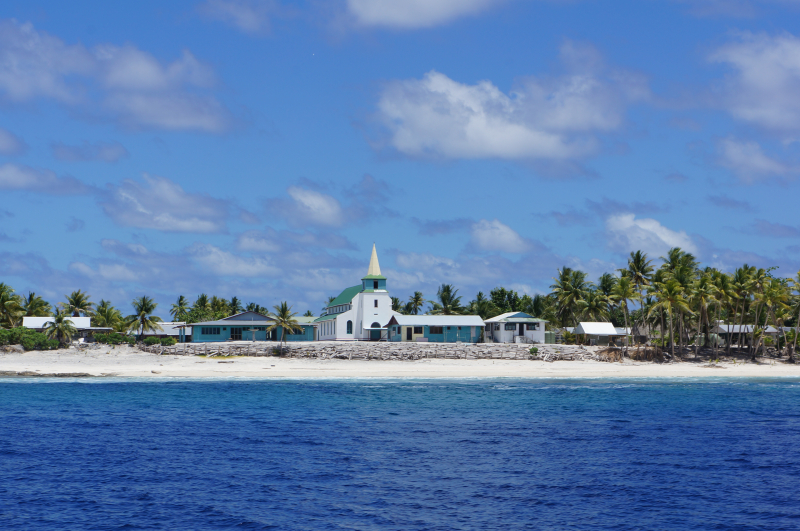
pacificvoices4globaloceanchallenge.wordpress.com -
As Tuvalu attracts a few people every year, it is challenging to find valuable information about Tuvalu flights. Many countries don’t have any direct flights to this small country. There are 3 Tuvalu flights between Funafuti (capital of Tuvalu) and Suva (capital of Fiji) per week. It is known as the quickest way to travel to Tuvalu from Fiji. It takes nearly 3 hours and costs 120-750 $. Besides, there is another way to reach Tuvalu besides Tuvalu flights. It is the direct ferry traveling between Tuvalu and Fiji. Service departs hourly, and it is departing from Suva.
Another company that has flights to Tuvalu is Air Kiribati. It has flights every Wednesday, but not a reliable one. Now let’s talk about transportation on the island. This place is not cover a large area, that is why you can travel on foot, but there is an available kinds of transport like cars, motorbikes, bicycles, and motorboats. You can find minibusses on weekdays. How to travel to Tuvalu? In conclusion, as an answer to this question, it can say that the best option is flights from Fiji.
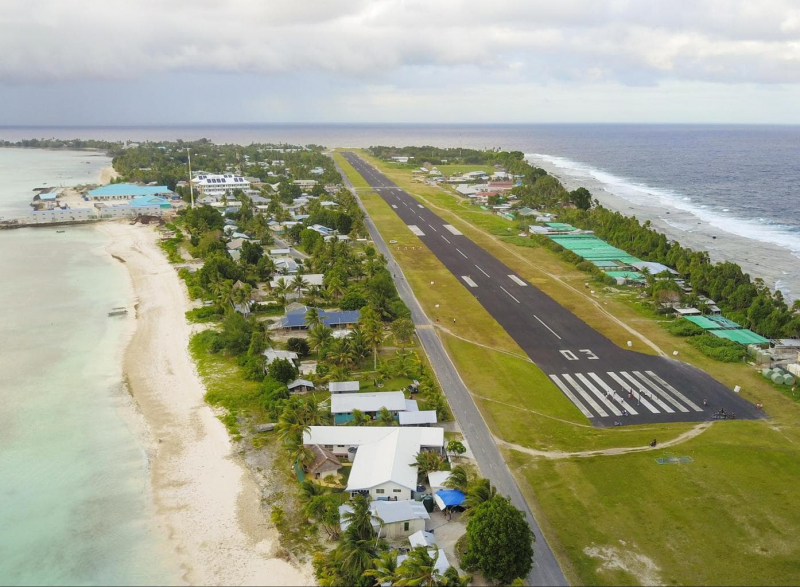
onceinalifetimejourney.com 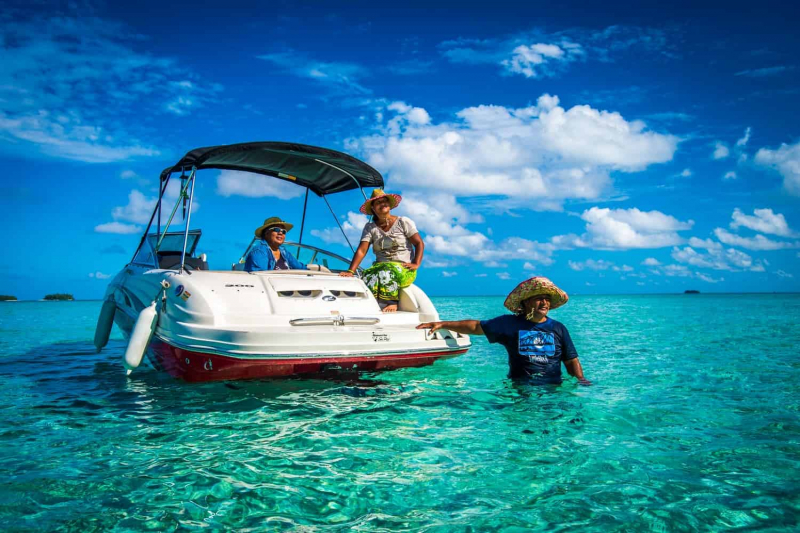
timelesstuvalu.com












